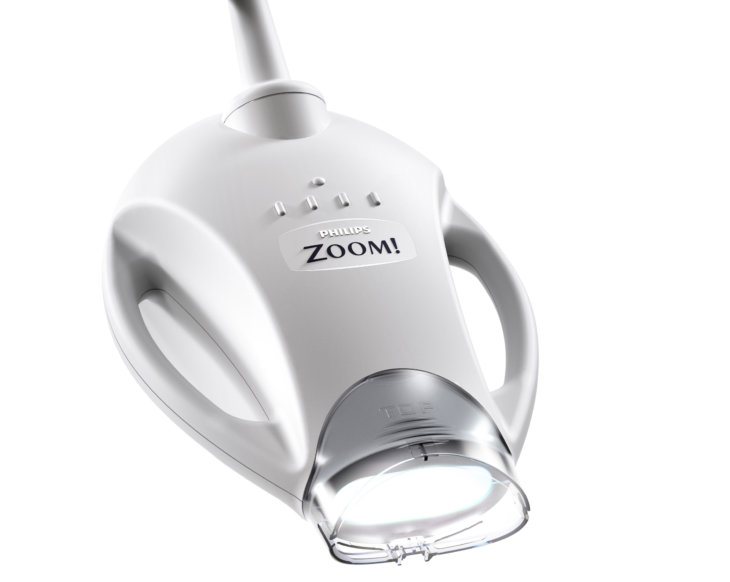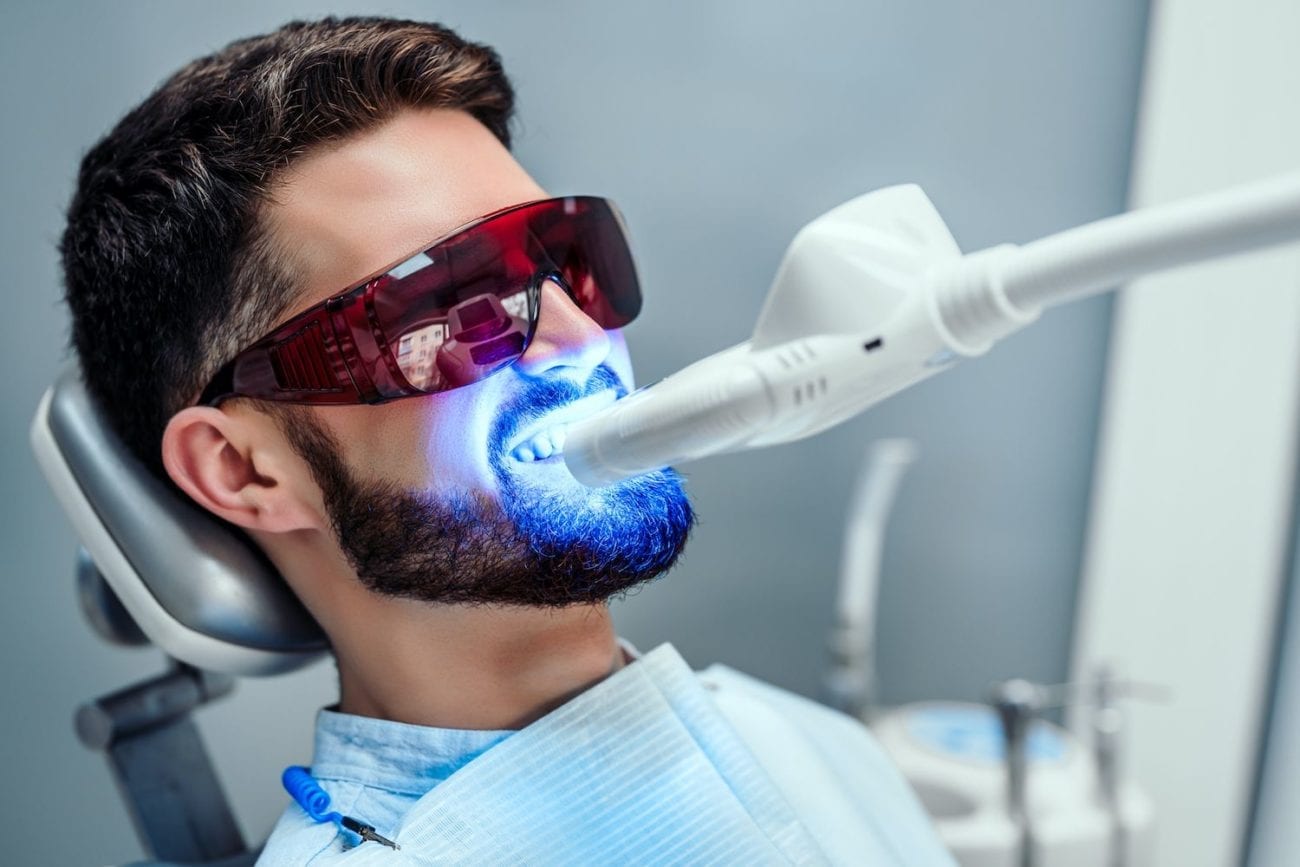

That said, porcelain is a nonporous material, which means it doesn’t absorb or attract stains like a natural tooth. The porcelain is selected to match the current shade of your teeth and will not respond to any whitening treatment. The peroxide breaks down the bonds that trap stains in your enamel, in turn, “bleaching” the stain away.īut crowns are made of porcelain, not enamel. When the hydrogen peroxide used in Zoom whitening comes into contact with your teeth, a chemical reaction occurs. Why doesn’t Zoom work on cosmetic teeth? It’s all in the science of how Zoom works. “Only natural teeth can be whitened in most cases, tooth-colored restorations will not bleach,” notes the ADA. Zoom whitening does not whiten crowns, implants, or veneers. Q: Can Zoom whitening work on crowns?Ī: No. Teeth whitening products are safe for use by all members of the population, “including potential accidental use by children,” the research concludes. What’s more, research also concluded that the use of teeth whitening products does not pose an increased risk for oral cancer even in alcohol abusers and/or heavy cigarette smokers. Research into the potential oral cancer risk from using tooth whitening products (TWP) containing hydrogen peroxide (Zoom contains hydrogen peroxide) or carbamide peroxide has shown that there is no increased oral cancer risk for people using TWP. Zoom whitening in and of itself has not been shown to lead to cancer. Q: Can Zoom whitening cause cancer?Ī: No. Always consult with your dentist before attempting a teeth whitening treatment on your own. When not correctly performed, they can irritate or burn your gums. However, generally speaking, “temporary tooth sensitivity and gingival inflammation are the most common adverse effects” of teeth whitening treatments, reports the American Dental Association (ADA).Īt-home teeth whitening treatments are a different story.

Q: Can Zoom whitening damage gums?Ī: Zoom whitening does not damage your gums. “When manufacturer’s instructions are followed, hydrogen peroxide and carbamide peroxide-based tooth whitening is safe and effective,” adds research published by the National Center for Biotechnology Information, U.S. “As long as you stick to dentist-approved methods, whitening your teeth is considered safe,” affirms Healthline. Zoom Whitening FAQs Q: Can Zoom whitening damage teeth?Ī: Zoom teeth whitening is an in-office, dentist-approved method for achieving a brighter smile, and it is safe for teeth enamel. We answer the seven most common Zoom teeth whitening questions below. But as simple and common as Zoom is, many patients still have questions and concerns. It’s one of the most popular modern teeth whitening treatments. The Zoom whitening process combines the power of a special hydrogen peroxide gel and ultraviolet light to remove discoloration and stains on your teeth. Zoom teeth whitening can give you brilliantly whiter teeth in about an hour. There are pictures to be taken, dates to go on, people to meet, and experiences you want to have - but only with the smile of your dreams. When you’re ready to enhance your smile, you don’t want to wait! You want whiter teeth as fast as possible.


 0 kommentar(er)
0 kommentar(er)
